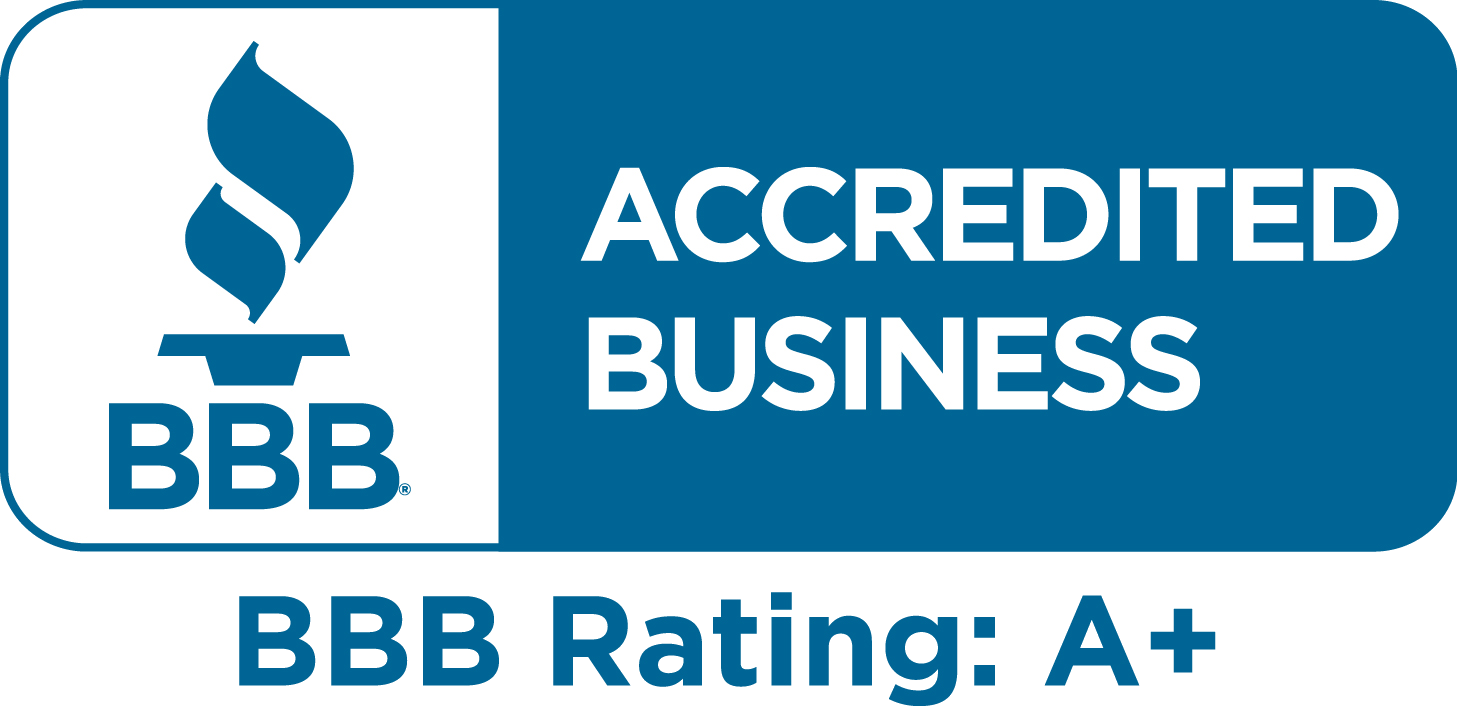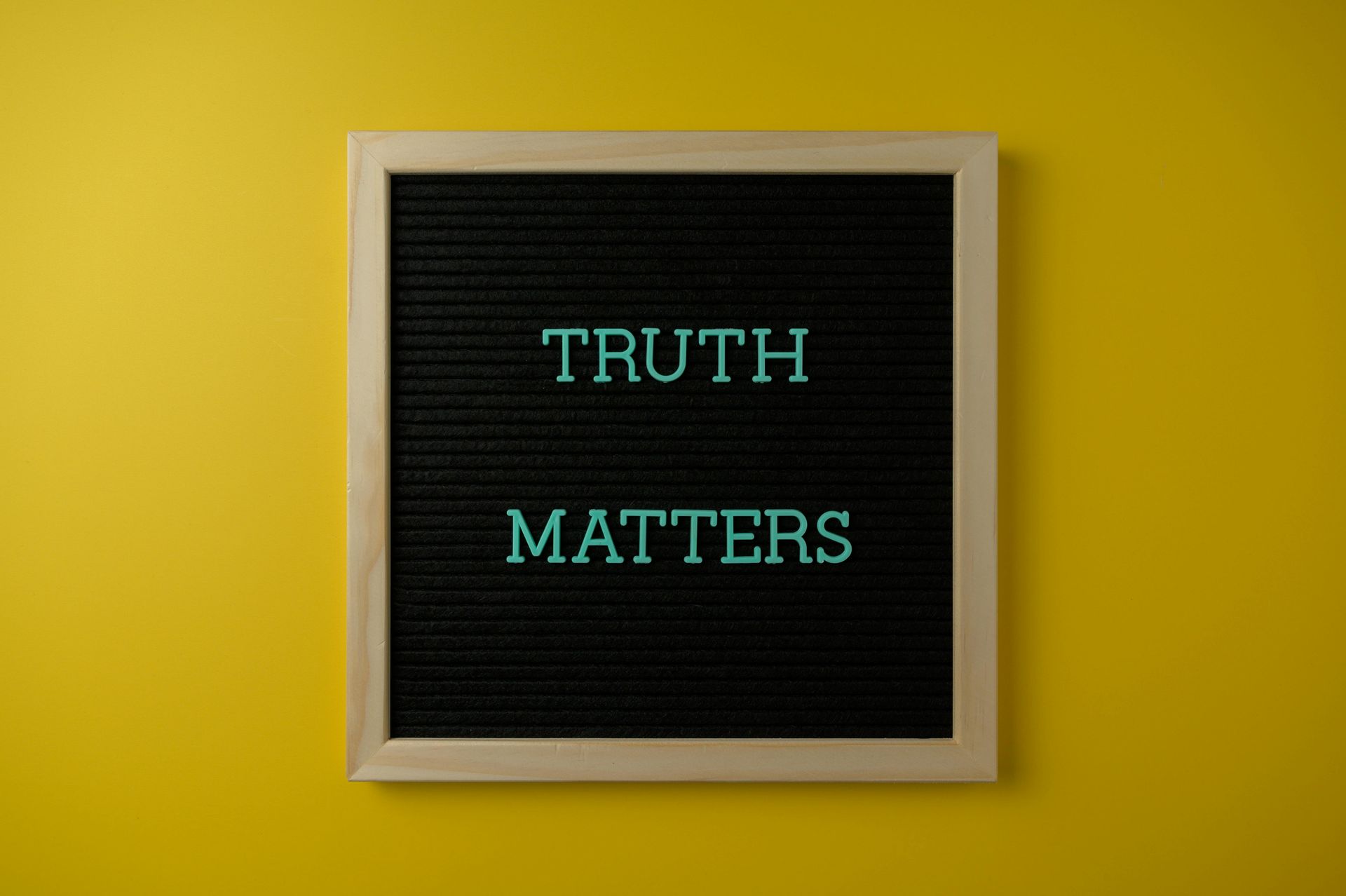How Your Credit Score Impacts Buying A Home
How does your credit score impact buying a home?
How Your Credit Score Impacts Buying a Home
Have you ever wondered how people buy houses? It’s not just about finding the perfect home. Most people need to get a loan, called a mortgage, to pay for it. But did you know your credit score plays a huge role in how much that loan will cost you?
What is a Credit Score?
Your credit score is like a report card for how you handle money. It’s a number between 300 and 850. The higher your score, the better you look to lenders, like banks, who give out loans. If you’ve paid your bills on time and avoided a lot of debt, you probably have a good score. But if you’ve missed payments or owe a lot of money, your score might be lower.
Why Does Your Credit Score Matter for a Mortgage?
When you apply for a mortgage, lenders look at your credit score to decide two things:
- If they should give you the loan.
- How much interest you’ll pay.
Interest is the extra money you pay the lender for letting you borrow their money. If you have a high credit score, you’ll likely get a lower interest rate, which means you’ll pay less over time. But if your credit score is low, the lender might charge you a higher rate or even deny your loan altogether.
What Are Collections and Charge-Offs?
Sometimes, people can’t pay their bills, and the company they owe money to sends their account to "collections." This means another company tries to get the money from them. If the debt still isn’t paid, the lender might "charge it off," which means they give up on getting the money back. But these actions stay on your credit report and lower your credit score.
Risks of a Low Credit Score
Having a low credit score comes with several risks, especially when you’re trying to buy a home. Here are some of the challenges:
- Higher Costs: A low credit score often means higher interest rates, which can make your monthly mortgage payments much more expensive.
- Fewer Loan Options: Some lenders might not be willing to work with you at all if your score is too low.
- Difficulty Saving: Paying more in interest means you’ll have less money to save for emergencies or other expenses.
- Stricter Terms: Lenders might require larger down payments or add extra conditions to your loan if your credit score is low.
How Do Collections and Charge-Offs Affect Buying a Home?
Having collections or charge-offs on your credit report can make it harder to get a mortgage. Lenders see these as red flags. They might think you’re not good at handling money, so they could deny your loan or charge you a higher interest rate. These debts can also hurt your DTI (Debt-to-Income Ratio).
What is DTI?
DTI stands for Debt-to-Income Ratio. This number shows how much of your income goes toward paying debts. For example, if you make $4,000 a month and spend $1,200 on debts, your DTI is 30%.
Lenders use your DTI to figure out if you can afford a mortgage. If your DTI is too high, they might say you can’t handle more debt, even if your credit score is okay.
How to Improve Your Chances of Buying a Home
If your credit score isn’t great, don’t worry! Here are some steps you can take:
- Pay your bills on time. This is the best way to boost your score.
- Pay off old debts. Clearing collections or charge-offs can help your credit report.
- Lower your DTI. Try to pay off some debts before applying for a mortgage.
- Check your credit report. Make sure there are no mistakes that could be lowering your score.
- Talk to a trusted mortgage loan officer or advisor. They can help you understand what is on your credit report and assist you in making a plan to improve your score. Mortgage advisors are experts who know how to guide you through the process of getting ready to buy a home.
- Consider working with a mortgage broker. Mortgage brokers often have access to more loan options than banks, especially for people with lower credit scores. They can help you find a lender that fits your needs and increases your chances of getting approved.
The Bottom Line
Your credit score and DTI are important when buying a home. They can affect whether you get a loan and how much it will cost. By understanding these things, working to improve them, and getting help from a trusted mortgage loan officer or broker, you’ll be one step closer to owning your dream home!
A better credit score not only makes homeownership more affordable but also reduces risks and makes your financial future more secure.

Equal Housing Opportunity

Useful Links
Contact Info
Office: 4967 NE Goodview Cir STE B, Lee's Summit, MO 64064 | Remote Availability: Leavenworth County, KS, United States of America
(913) 705-0049
NMLS #2249004 | Brokerage Copeland Mortgage Co. DBA Summit Lending NMLS #1850081
https://nmlsconsumeraccess.org/
This page is the property of Journey Marketing, LLC. All content is the property of Journey Marketing, The Huntress Home Loan Pro, and Theresa Rolen. Some content is also from Copeland Mortgage Company doing business as Summit Lending. None of the content should not be considered the property of any one else or any other company. You may not use the content on this page without express written permission from the company or companies that have their content and copywrited materials on this page.
All Rights Reserved | The Huntress Home Loan Pro | Privacy Policy








